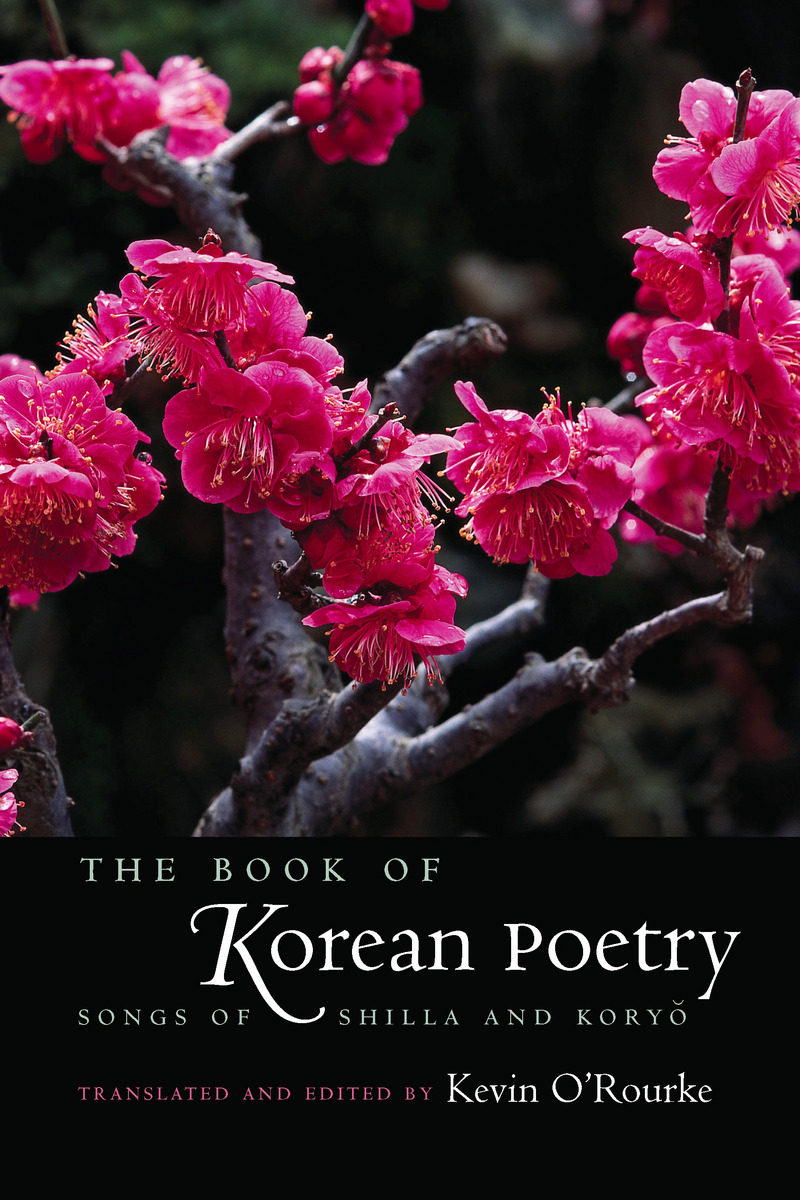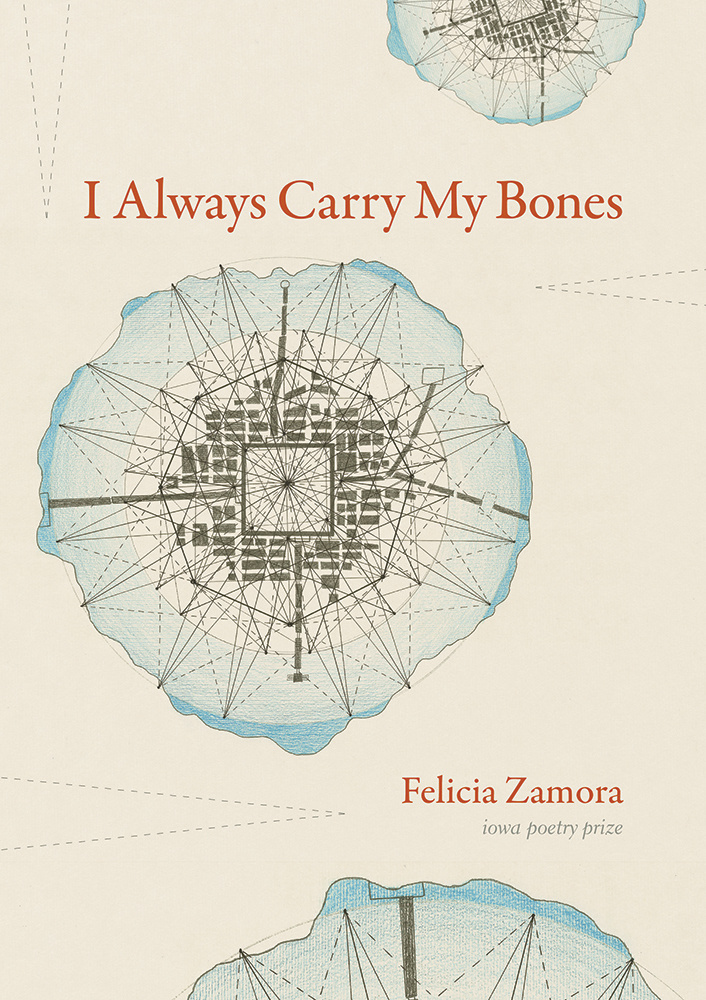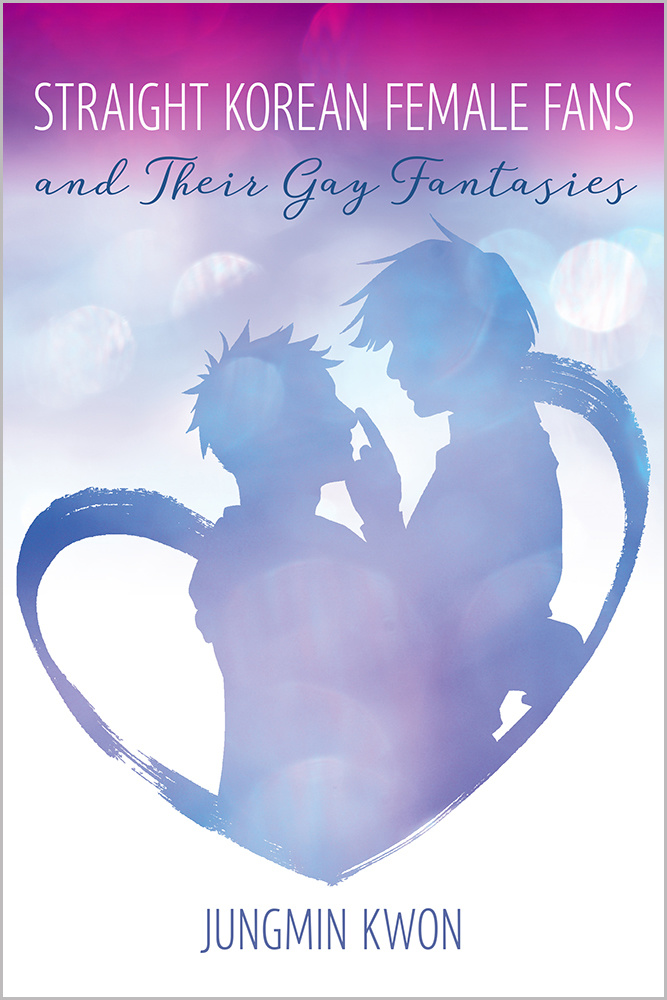Korea’s history is divided into four periods: the Three Kingdoms of Koguryo (37 BC–AD 668), Shilla (57 BC–AD 668), and Paekche (18 BC–AD 660); Unified Shilla (668–935); Koryo (935–1392); and Choson (1392–1910). Kevin O’Rourke’s The Book of Korean Poetry traces Korean poetry from the pre-Shilla era to the end of Korea’s golden poetry period in the Koryo dynasty.
There are two poetry traditions in Korea: hanshi (poems by Korean poets in Chinese characters) and vernacular poems, which are invariably songs. Hanshi is a poetry to be read and contemplated; the vernacular is a poetry to be sung and heard. Hanshi was aimed at personal cultivation, vernacular poetry primarily at entertainment. Hanshi was a much more private discipline; vernacular poetry was composed for the most part against a convivial background of wine, music, and dance.
In this comprehensive treatment of the poetry of Shilla and Koryo, O’Rourke divides one hundred fifty poems into five sections: Early Songs, Shilla hanshi, Shilla hyangga, Koryo kayo, and Koryo hanshi and shijo. Only a few pre-Shilla poems are extant; O’Rourke features all five. All fourteen extant Shilla hyangga are included. Seventeen major Koryo kayo are featured; only a few short, incantatory pieces that defied translation were excluded. Fourteen of the fewer than twenty Koryo shijo with claims to authenticity are presented. From the vast number of extant hanshi, O’Rourke selected poems with the most intrinsic merit and universal appeal.
In addition to introductory essays on the genres of hanshi, hyangga, Koryo kayo, and shijo, O’Rourke interleaves his graceful translations with commentary on the historical backgrounds, poetic forms, and biographical notes on the poets’ lives as well as guides to the original texts, bibliographical materials, and even anecdotes on how the poems came to be written. Along with the translations themselves, O’Rourke’s annotations of the poems make this volume a particularly interesting and important introduction to the scholarship of East Asian literature.
“Here at last in one English-language volume is the heart and soul of the Korean lyric tradition, brought to sensuous life by a poet who is our finest all-around translator of Korean literature.”—Bruce Fulton, Young-Bin Min Chair in Korean Literature and Literary Translation, University of British Columbia



